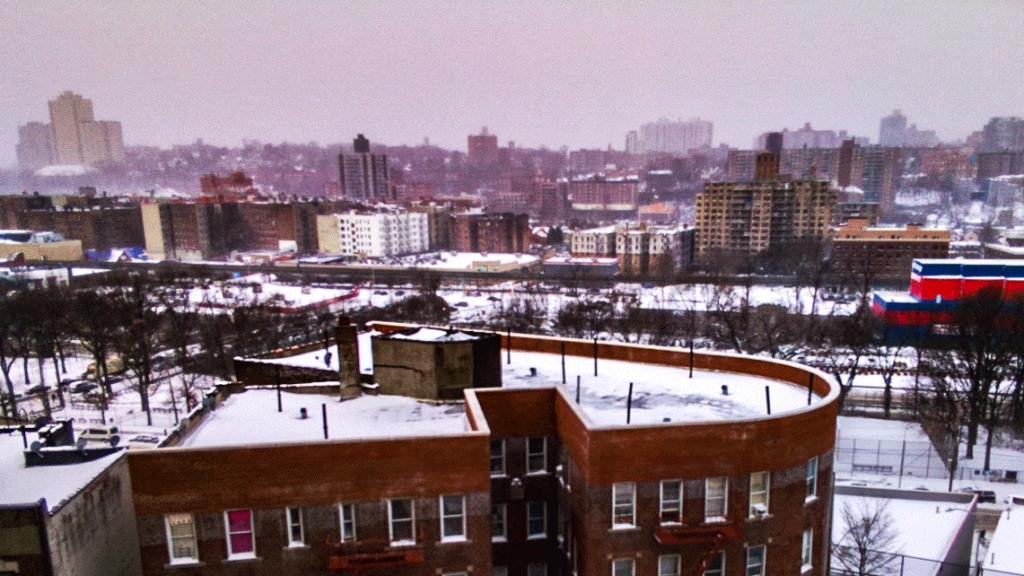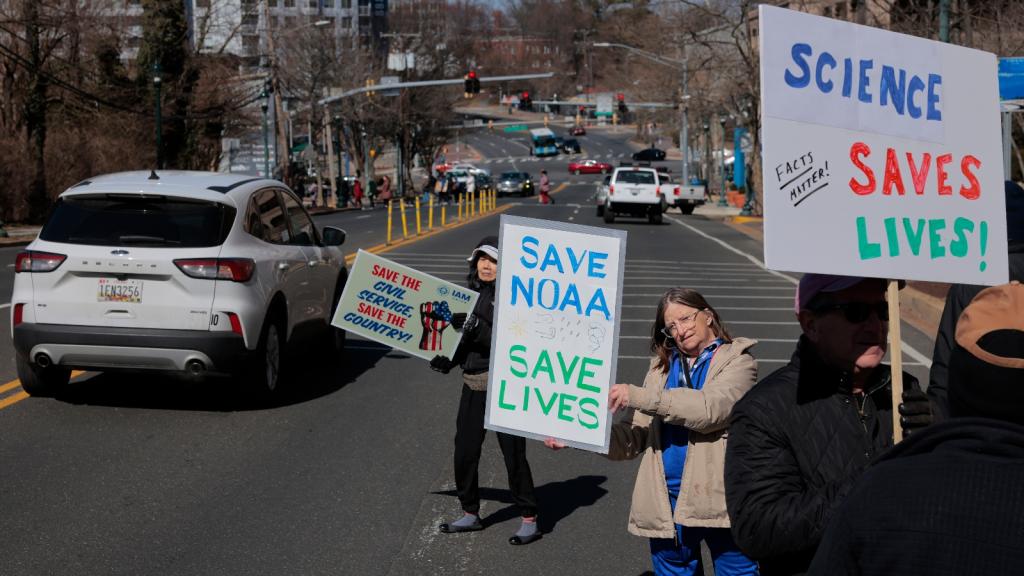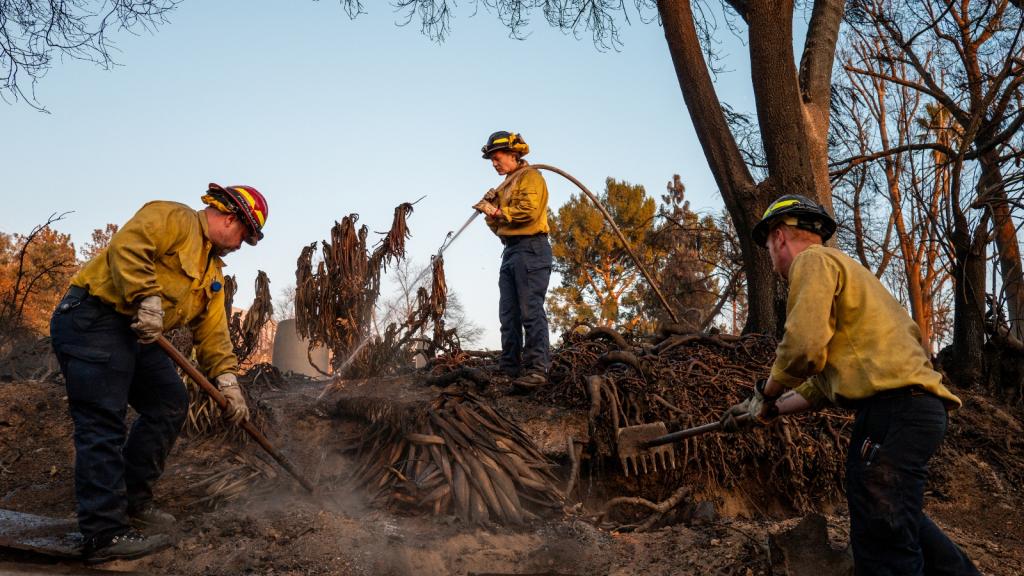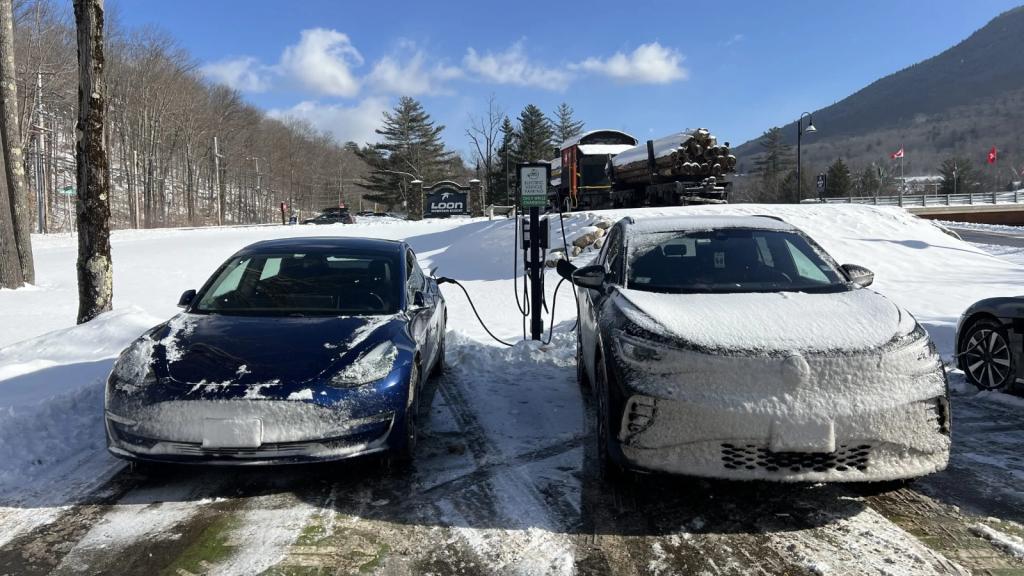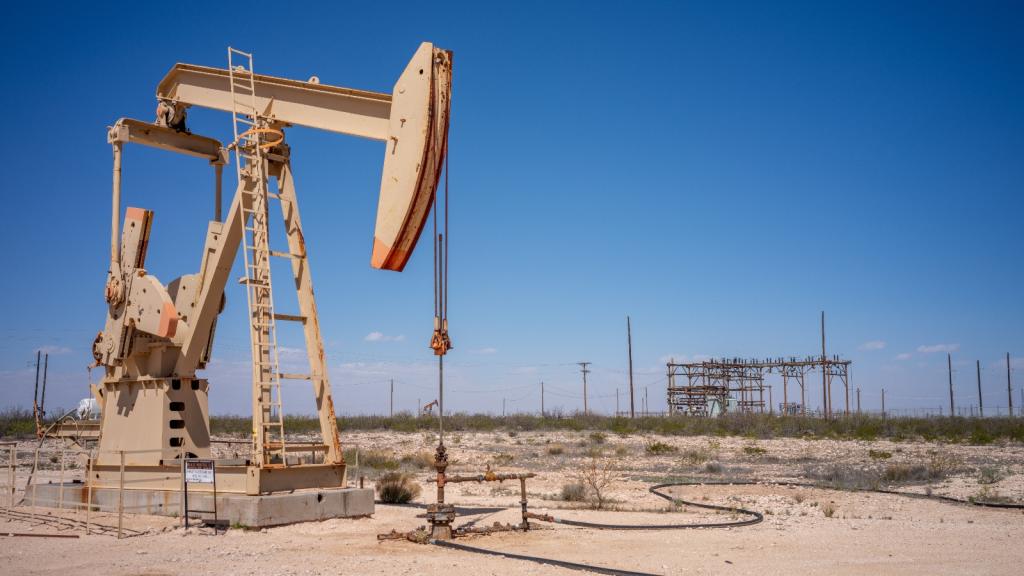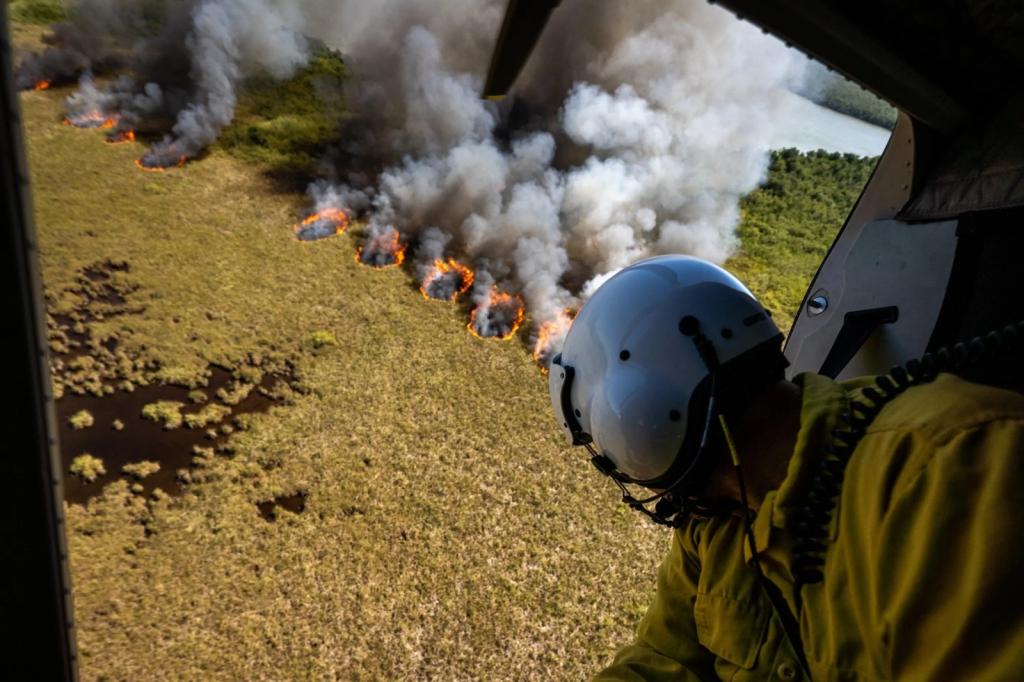Syndicated
-
New York approved a major gas pipeline expansion. What does it mean for its climate goals?
The approval of Iroquois’ enhancement project, which utility companies argue is needed to heat New Yorkers’ homes in the coldest months, amps up planet-warming pollution — and signals that the state’s commitment to reaching its climate goals is faltering, critics say.
-
‘We’re losing our environmental history’: The future of government information under Trump
The administration’s wrecking-ball approach has raised profound questions about the integrity and future of vast amounts of information.
-
‘It’s all been scrapped’: Bootcamps for women in wildland firefighting canceled after DEI cuts
Women already had an intimidating entry point to the male-dominated field. Trump's orders to dismantle DEI in the federal government could hurt years of progress.
-
Questions and confusion as Trump pauses key funding for shrinking Colorado River
Halted funding threatens the sustainability of the entire system, experts say.
-
Plan to build a road with radioactive waste in Florida prompts legal challenge against the EPA
Located east of Tampa, the project involves phosphogypsum, a radioactive, carcinogenic, and toxic waste generated by the fertilizer industry.
-
Rural New England needs EV chargers for tourism. The Trump administration is making it harder to build them.
Compared to surrounding states, New Hampshire’s rural communities lag in charging stations, threatening the tourism sector. Suspending federal funds could make it difficult to accelerate construction.
-
A Project 2025 advisor takes the reins at EPA Region 6
Scott Mason IV is the new administrator for the EPA region covering Arkansas, Louisiana, New Mexico, Oklahoma, Texas, and 66 tribal nations.
-
How the federal funding and hiring freezes are leaving communities vulnerable to wildfire
Uncertainty over funding and hiring stemming from President Trump's executive orders has limited wildfire training and postponed work to reduce flammable vegetation.
-
Mayors across the US urge Congress not to repeal clean energy tax credits
The Inflation Reduction Act incentives for developing clean energy have created thousands of jobs in local communities across the country. The Trump administration froze further spending on them.
